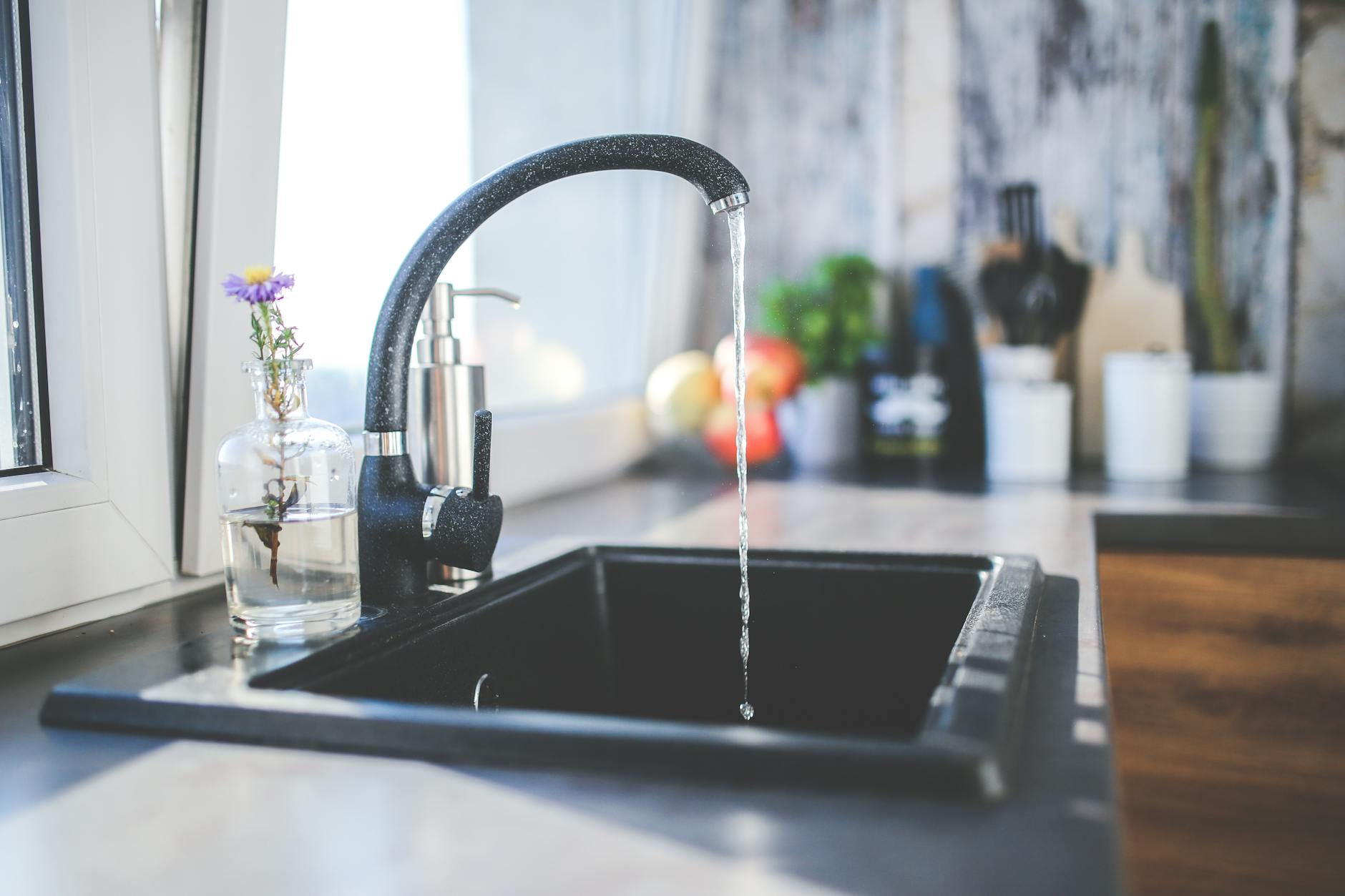Coping With Overstimulating Household Emergencies And the Lessons They Leave Behind
Have you ever woken up to the sound of water gushing like an angry river? I have.
One winter morning, a pipe burst behind our kitchen wall, sending icy water across the floor and my heart racing. In moments like these, there’s no room for panic — only fast action.
What we don’t always talk about is how overstimulating these emergencies can feel. The noise, the mess, the scramble to fix things — it’s enough to rattle even the calmest parent. And while the water eventually dries or the power comes back on, the stress lingers.
That’s why it helps to think about household emergencies in two ways: what to do in the moment, and what lessons they leave behind once the dust settles. Both matter — one keeps your home safe, the other holds your mind steady.
Let’s see how…
Accept That Emergencies Happen
Water damage is more common than many of us realise. Statistics show that about 14,000 people experience a water damage emergency every day, and one in 60 homes will file a water damage claim this year. The average insurance claim for water damage exceeds $11,000. Burst pipes, overflowing washing machines, and blocked drains are part of the modern home landscape.
Acknowledging this doesn’t mean living in constant fear — it’s about resetting expectations. Emergencies aren’t a matter of if, but when. When you accept that, it becomes easier to focus on preparation instead of panic. Think of it as the household equivalent of carrying an umbrella: most days you won’t need it, but when the storm hits, you’ll be glad it’s there.
Prepare Your Home (and Mind) for an Emergency
When household emergencies strike, having a solid plan in place helps ground the chaos. Here’s how to fortify both your physical home and your peace of mind:
- Know how to cut off the water fast. Emergencies like burst pipes or severe leaks demand immediate action. Find your main shut-off valve—usually near the water meter, in basements, garages, or utility rooms—and make sure everyone in the family knows how to use it.
- Pull together your emergency tools. Keep basics like buckets, towels, pliers, plumber’s tape, and a plunger in one easy-to-grab kit. These small tools buy you precious time and reduce damage while waiting for help.
- Recognize when it’s more than DIY. Some issues, like sewer backups, broken water mains, a sudden flood, or any other such plumbing emergency, go beyond quick fixes. In those moments, calling a professional right away is the safest move. Having a trusted contact saved in your phone means you won’t waste time searching when a real emergency hits.
By prepping your home this way, valves, supplies, reliable contacts, you give yourself the best chance to manage the stress without feeling completely overstimulated. Emergencies might still be messy, but with a plan, you stay in control.
Breathe and Assess
When water gushes, alarms beep, or chaos hits, the first feeling is often an overstimulating mind and panic. That’s natural. But pausing—even for one deep breath—can reset your focus. In any household emergency, identify the source, stop the immediate danger if you can, and then call for help.
While waiting, do what’s in your control: move valuables away from water, open windows to reduce humidity, or safely unplug nearby electronics. Emotionally, give yourself permission to feel rattled—staying calm doesn’t mean you’re unaffected, it just means you’re choosing to steady the moment.
Find the Lesson
Emergencies often arrive with warning signs: a slow drain, a faint smell of gas, a breaker that trips more often than it should. Too many of us brush these aside until they explode into crises. Treat these small alerts the way you would treat stress in your own life—address them early and kindly.
On the home front, this might mean calling a plumber at the first sign of a clog or booking an inspection after noticing damp patches. On the personal front, it might mean resting before burnout hits. Both approaches save you from bigger breakdowns later.
Lean on Your Community
Crisis has a way of reminding us we’re not meant to carry burdens alone. Neighbors with extra towels, friends who can recommend trusted tradespeople, or family who can distract the kids while you handle repairs—all of this makes emergencies less overwhelming.
Accepting help isn’t a weakness; it’s wisdom. And when someone else’s pipes burst or power goes out, you’ll know exactly how much those small gestures mean.
Conclusion
When I think back to that flooded morning, I don’t just remember the sopping towels and frantic phone calls; I remember the quiet strength that emerged. Preparing for emergencies, whether by meditating or learning how to shut off water, empowers us to navigate life’s unpredictable currents. So next time a pipe bursts or your plans fall apart, take a breath, ask for help, and remind yourself that you’ve weathered storms before. And maybe keep a plumber’s number taped to the fridge—just in case.


Leave a Reply
You must be logged in to post a comment.